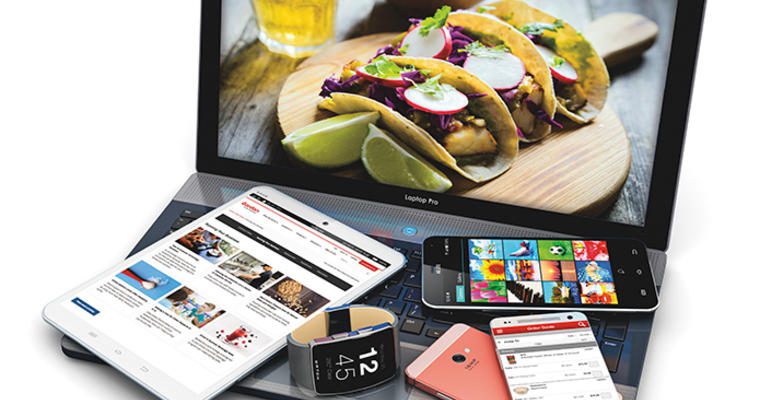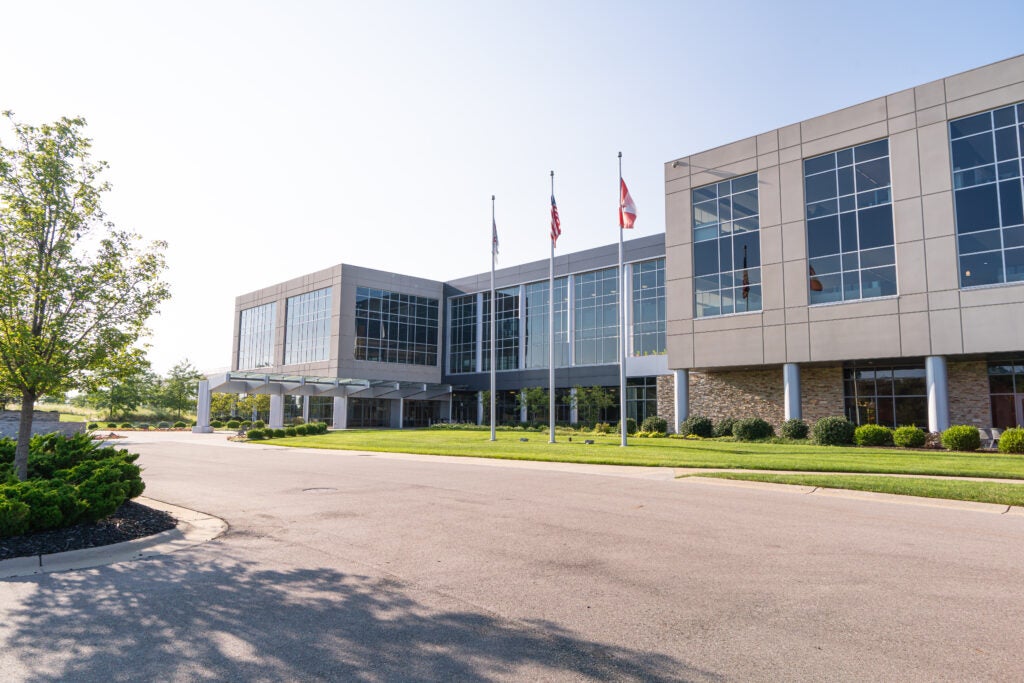Technology is everywhere. It’s in your pocket as the device that’s a phone, camera, alarm clock, mailbox and link to the internet. Technology also lives in your business. And just as it’s become essential to your personal life, it’s becoming a bigger part of your work life.
A few years ago you might have asked a younger, tech-savvy server on your staff to handle your Facebook, Twitter and Yelp! engagement. Since then, modern advances have found a way into almost every part of the restaurant business. There are systems for ordering, recipe creation, costing, scheduling, inventory, training and more.
Successful operators are embracing technology. This means you probably need to start finding leadership among your staff to bring technology along. As you make hires, one important skill set is the ability to use high-tech tools.
Making note of the changes
If you don’t think technology matters, consider this scenario:
It’s Tuesday lunch rush, and the front-of-house team is in the weeds. While the hostess is seating a group of six, the phone rings.
The bartender picks up, and it’s a guest who wants a table for 7 p.m. Saturday. The bartender jots down the reservation and hands it to the passing hostess so she can record it. But more people are waiting to be seated, so she tucks the note away for later.
Saturday arrives and the guests show up only to find their reservation wasn’t recorded. Could a reservation program help out? Maybe, if you add the right people to your staff to use the technology and make it an efficient, cost-effective time-saver.
High-touch meets high tech
A lot of work in the restaurant business is done manually. Food prep will always be a hands-on task. But many things once done by hand are now possible online. The wall calendar schedule can now be done electronically. So can taking inventory, tableside orders, etc.
These days, instead of identifying someone on your team with skills, it’s about considering technology expectations as you hire team members. Three things worth thinking about:
Project management. For the restaurant business, it’s relevant that you find people who are good at following recipes, plate costing and scheduling. This means talking to potential hires about how technology will be employed.
Early adoption. It’s hard to find someone who hasn’t grown up with technology. But an operator should be on the lookout for someone with technology skills and leadership confidence.
Technology application. Managers and supervisors who think like business owners are great, but the real payoff is applying the technology your business needs. Here are some areas to consider:
- Marketing. Know whether you are looking for someone with business-to-business or business-to-customer experience. Each takes a different mindset.
- Social media. Define which platforms are best for your strategy and brand.
- Point of Sale. If your emphasis is on cost controls, the POS system provides tons of information to someone with data analysis skills.
- Systems management. Having someone capable of results monitoring and information management can help you achieve goals.
Avoid the future shock
Success may depend on hiring the right people to manage high-tech solutions—people with leadership and technology skills who can adapt to the changes coming.
Just 10 years ago, few people thought internet reservations were possible. Ordering on a tablet or paying with a phone were science-fiction fantasy. Today, the need for a management team able to act in this space has relevance.
Each operator has unique needs, but technology is moving quickly into the restaurant business. It can only be beneficial to define tools that work for you and find managers able to lead the way.











